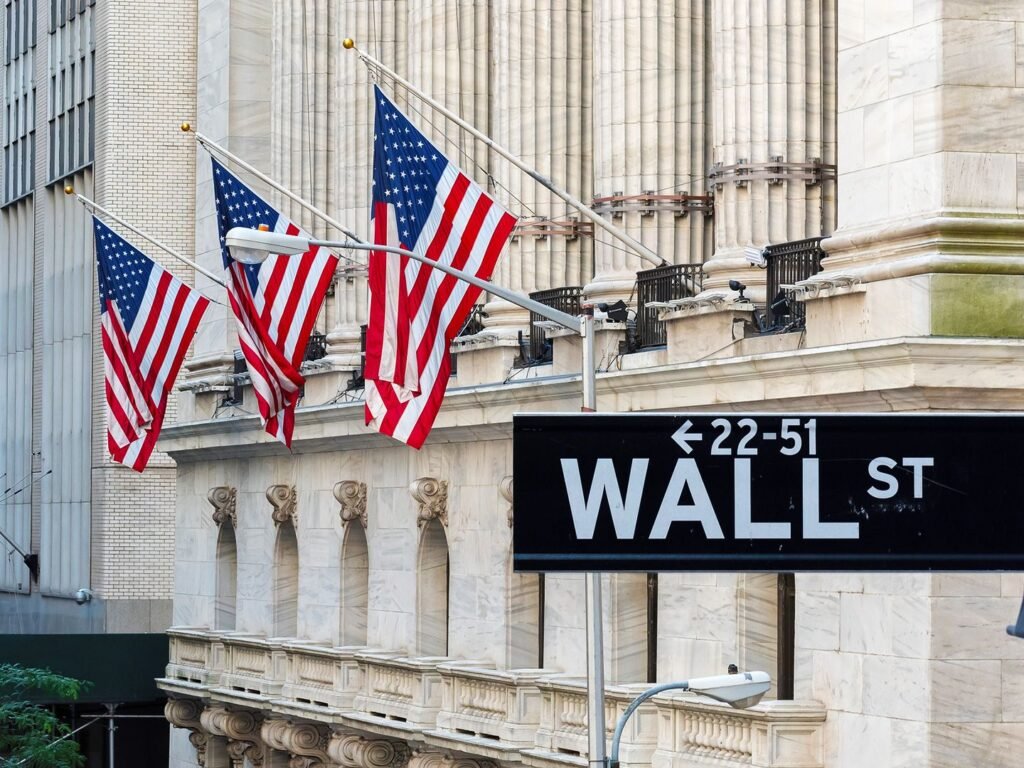Wall Street’s Ascendancy in the Bitcoin Market
The phrase "Wall Street is coming for Bitcoin" increasingly reflects the evolving dynamics in the cryptocurrency space. Initially seen as a hopeful prospect for validation and liquidity, Wall Street’s increasing involvement with Bitcoin and other cryptocurrencies now points to a significant shift in the asset’s original premise. Bitcoin was once lauded as a decentralized, censorship-resistant currency detached from traditional financial institutions. However, that notion is rapidly changing as large financial firms gain influence in this digital marketplace, marking a pivotal moment in Bitcoin’s journey.
Historical Context and Rising Correlation with Traditional Markets
In its early years, Bitcoin thrived as an asset uncorrelated to traditional financial markets like the S&P 500. Events like the 2013 Cyprus banking crisis galvanized Bitcoin’s appeal; the digital currency surged as traditional financial institutions faltered. This historical backdrop exhibited Bitcoin’s potential as a hedge against economic turmoil. Still, recent analyses suggest a growing sensitivity to macroeconomic conditions. Reports indicate that Bitcoin’s correlation with U.S. equities has reached levels that align closely with traditional risk assets, undermining its earlier status as a ‘digital gold’ and placing it firmly in the risk-laden category, along with stocks.
Current Market Dynamics and Price Actions
Current assessments show Bitcoin’s correlation with the S&P 500 soaring close to its historical peak. According to NYDIG Research, as traditional markets react to geopolitical tensions and central bank activities, Bitcoin mirrors these sentiments closely. A notable statistic is that Bitcoin’s correlation with U.S. equities held steady at 0.48, illustrating how susceptible it has become to the same market influences that sway stock prices. This regular pattern of movement reveals a stark departure from its founding principles of being an uncorrelated, unyielding store of value, now aligning more closely with the fluctuations of traditional assets.
Impact on Investment Strategies
Given this new dynamic, Bitcoin is increasingly being treated not as a safe haven but as just another risk asset within investment portfolios. This evolution is critical for investors who previously clung to the "digital gold" narrative as a reason to buy Bitcoin. As institutional investors and Wall Street firms begin to influence the market, the strategies employed by long-term holders must evolve. They will need to reconsider their approaches to gain a competitive edge in a landscape where Bitcoin’s price is swayed by broader market sentiments rather than its inherent qualities, such as scarcity or decentralization.
Wall Street’s Influence on Bitcoin’s Future
Wall Street’s growing presence doesn’t merely alter market dynamics; it significantly molds the future of Bitcoin itself. The involvement of large financial institutions is pushing for regulatory clarity and acceptance, which might not align with the foundational ethos of Bitcoin. While some enthusiasts embrace this evolution as a pathway to mass adoption and market legitimacy, others view it with skepticism, worrying that the original spirit of Bitcoin could be lost amid the pursuit of mainstream acceptance.
Conclusion: A New Era for Bitcoin
As Bitcoin continues to engage with traditional markets, the prospects and perceptions around it will likely evolve. While fundamental aspects such as limited supply, decentralization, and accessibility remain unchanged, their impact on market price is currently muted due to Bitcoin’s new classification as a macro-driven risk asset. Investors should recalibrate their strategies to align with this new reality. The distinction between Bitcoin as a hedge against traditional financial systems versus just another speculative asset becomes increasingly important in informing future investment decisions.
In summary, Wall Street’s increasing sway over Bitcoin represents not just a merging of financial landscapes but a profound shift in how Bitcoin is perceived and valued in global markets. The cryptocurrency community, investors, and stakeholders must adapt to this new paradigm while contemplating what the future holds for Bitcoin in a world increasingly interconnected with established financial frameworks.

















